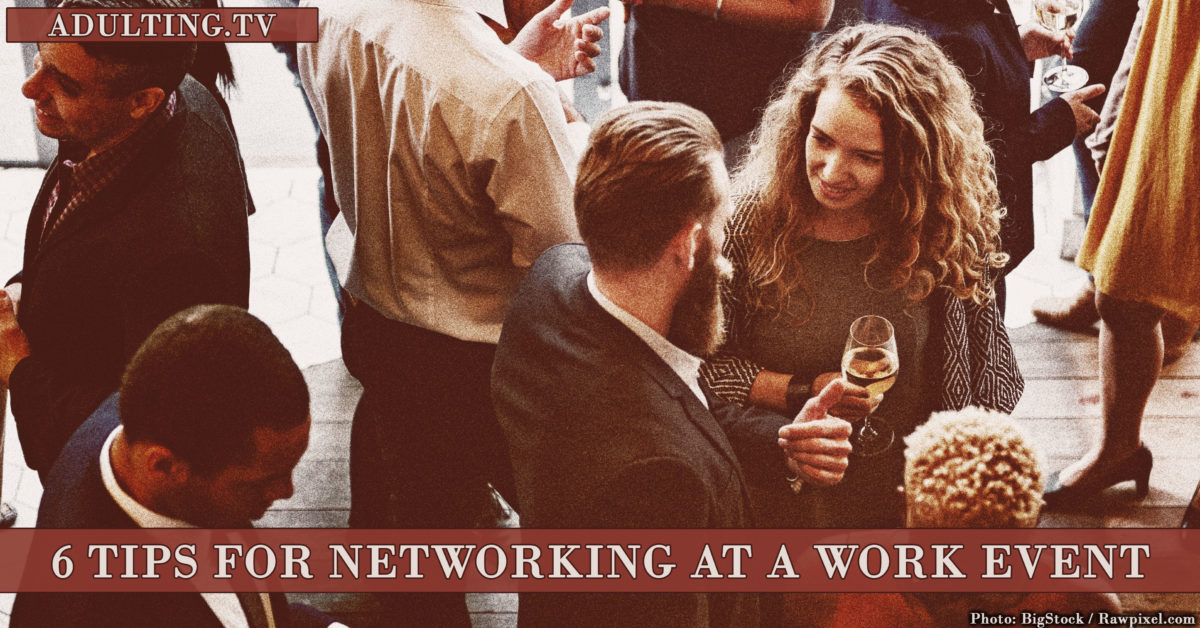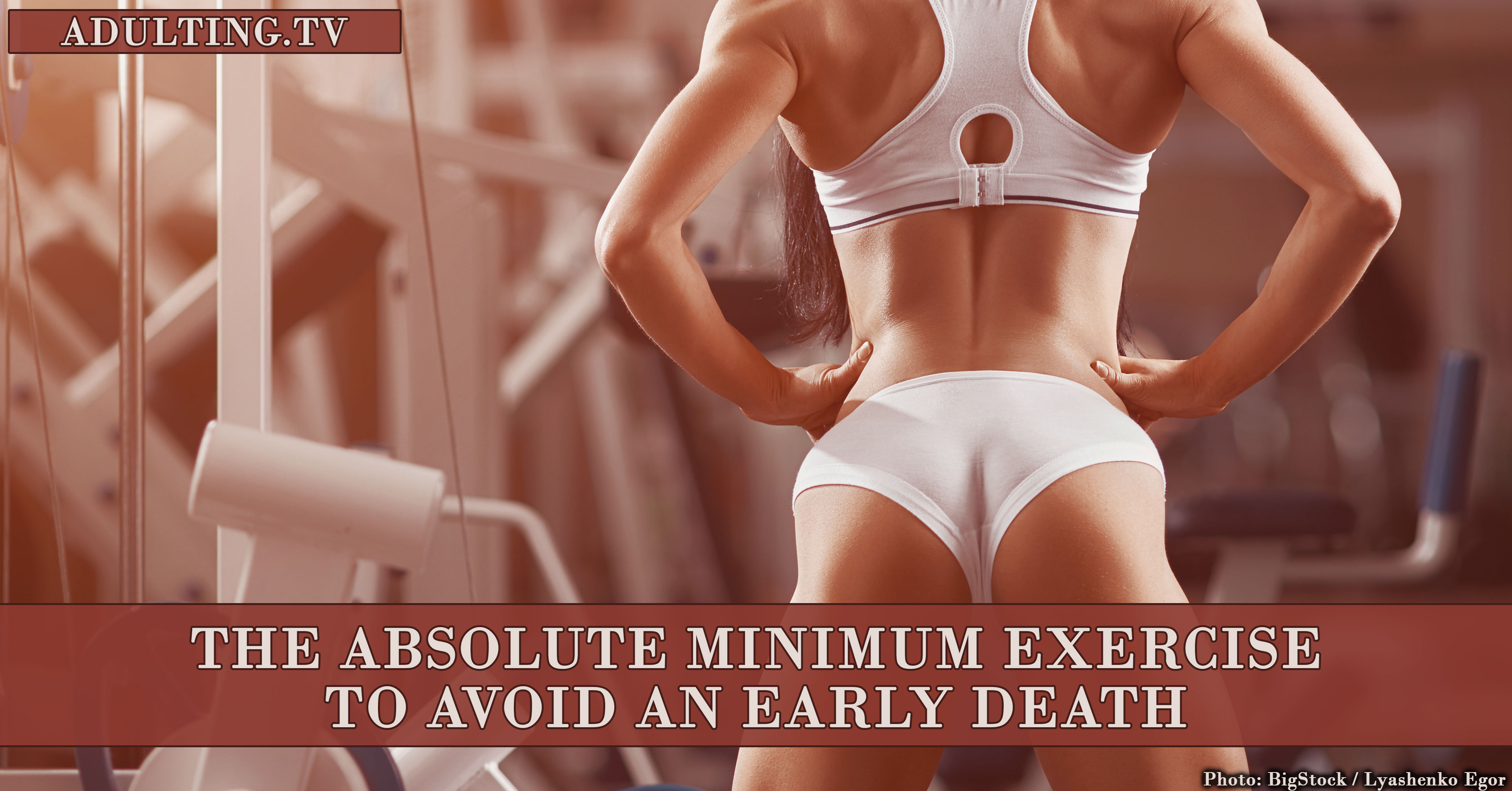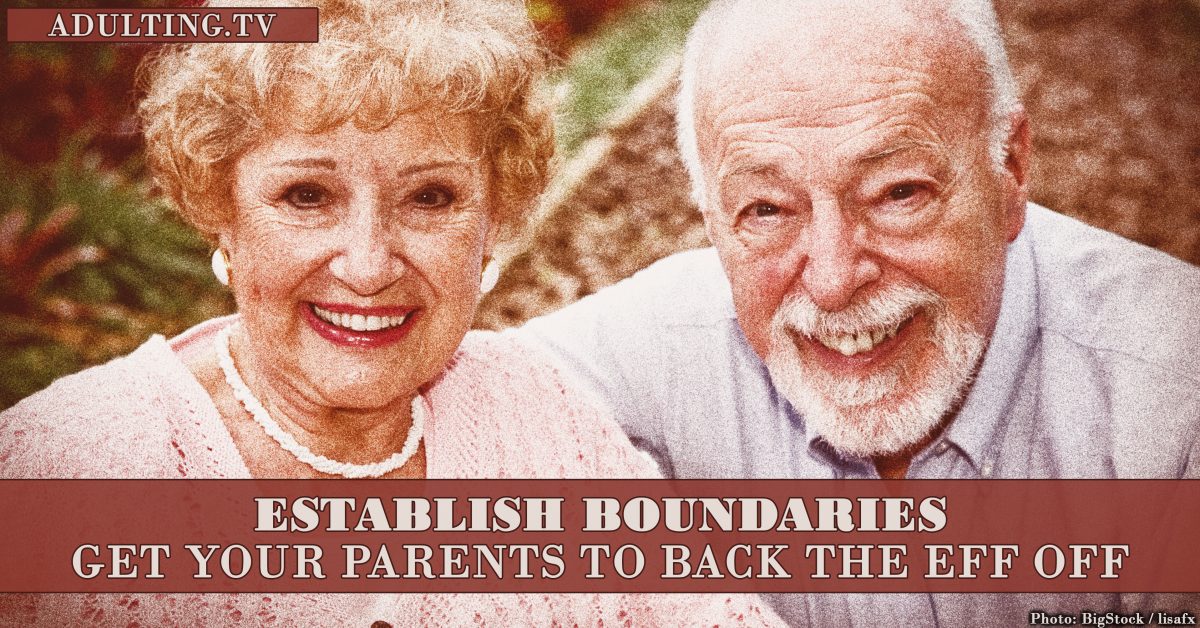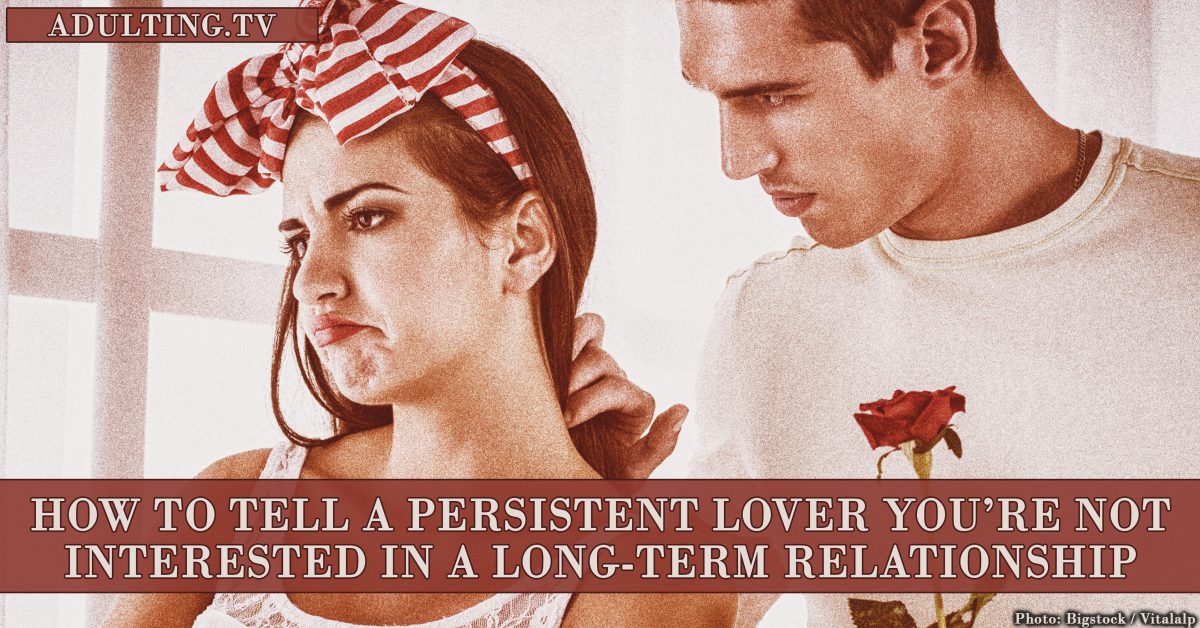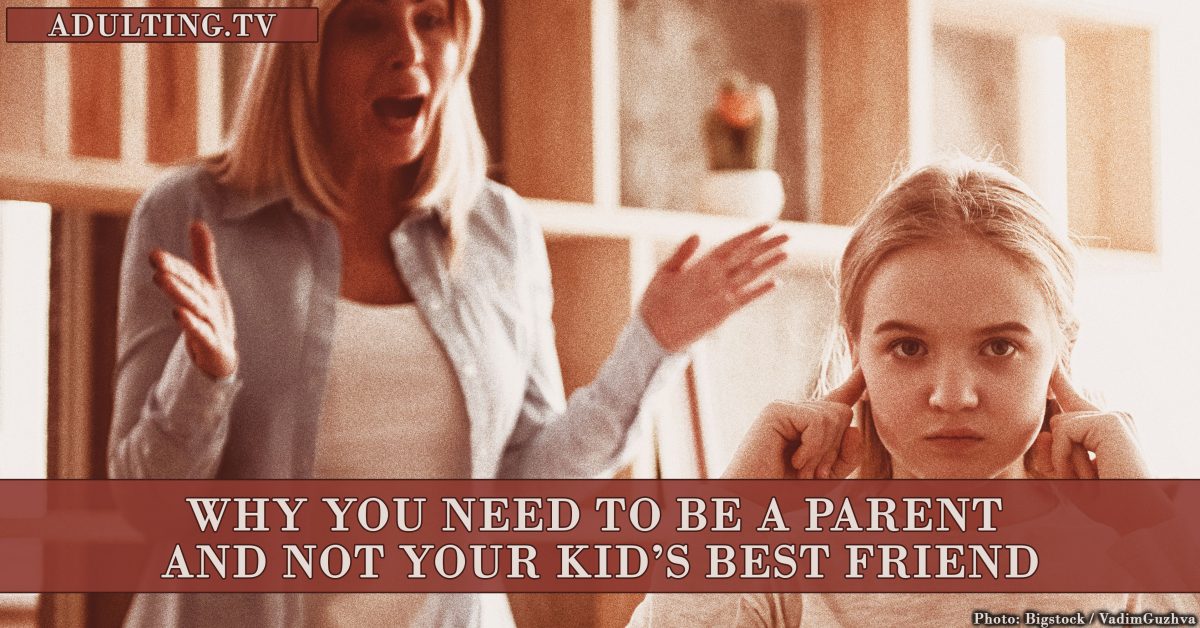At some point, any number of us are looking for ways to earn a little fast cash.
Whether it’s an extra $50 this week or a desire to find an extra $1,000 in the budget this month, the ability to make extra money entices all of us.
But how do you make extra money quickly? And can you get the cash when you want it?
One way to get that paper quicker is to sell yourself.
Not like that. That’s illegal.
But there are ways to sell some bits of yourself and it’s totally legal. Here are some of the ways you can make extra money by selling what your mama gave you:
Hair.
Believe it or not, people want to buy your hair. You’ve probably heard of people donating hair, but you can actually get money for your hair.
Your best bet is going to be if you have long hair (at least 10 inches or so) that hasn’t been treated or dyed.
However, even if you have shorter hair, or hair that was treated or colored at some point, you might still be able to get some money.
It’s possible to make up to a few hundred dollars when you sell your hair. There are websites like HairSellon that allow you to list your hair for sale. There’s even a hair price calculator to help you estimate what you should list your hair for.
I just did my own hair and discovered that it is worth $70. (It’s been dyed). Not bad considering all I need to do is cut it off.
Blood plasma.
I know several people who have made decent money by donating blood plasma. You can make $25 to $50 per donation, depending on where you live.
It’s also possible to donate up to twice in a seven-day period. That’s up to $200 a month. I know a guy that paid for his family’s groceries just with his blood plasma donations.
Companies like BioLife can provide you with the ability to make extra money quickly and easily. You do need to make sure you meet the requirements, including a medical screening and testing negative for hepatitis and IV, and follow a recommended diet.
Eggs (for the ladies).
When I was in college, I saw an ad in the newspaper for egg donations. I was intrigued. Ultimately, I didn’t go for it. But sometimes I wish I had.
When it comes to egg donation, you can earn thousands of dollars. One company, Growing Generations, starts at $8,000. You get $750 of it upfront, as you begin the medications required.
Most egg donation isn’t just about getting the compensation for the donation itself. All your expenses are paid. This includes mileage if you have to drive and airfare if you have to fly. Meals, hotel, and other expenses are covered.
However, the downside is that this can be harder to do than just lop off your hair. You have to go through a whole cycle of medications. Plus, you have to be healthy. The ad I saw insisted on high intelligence as well.
I’m almost too old to make a good candidate now, but there are times I wish I’d gone for it when I was younger. I was a good weight, not totally unattractive, and doing quite well in school.
It’s something to think about if you want to make extra money and don’t mind the idea of your genetic material being given to someone else.
Women can also make money by selling their breast milk and by being surrogates. But you really have to be committed to make extra money in these ways, since it requires going really above and beyond.
Sperm (for the dudes).
Men can also get in on the genetic material racket by selling their sperm. This is easier than being an egg donar, though. You can make up to $1,500 a month if you meet the requirements to be a sperm donor.
You have to make a commitment, though. You need to come in at least once a week for between six months a year. You might also need to meet a height requirement and pass a health screening.
Realize, though, that you could end up with some of your progeny coming to find you. Even if you ask for confidentiality, there are ways for determined people to find out the truth about their biology — and come looking.
You can find a local sperm bank using a directory.
Poop.
Yes, poop.
A company in Boston is willing to pay you $40 per stool sample.
You do need to pass a screening and be willing to donate several times a week for 60 days. But that’s not too bad, when you think about it.
However, it’s limited to those who can get to the centers in the Boston area. So if you aren’t local enough, it’s not going to help you. But if you do live in the Boston area, your poop could save lives — and be profitable.
Clinical trials.
I recently had a medical procedure. Because I was willing to answer questions about it, I received $75 in Amazon gift cards.
While it’s not cold, hard cash, it was still useful. And I shop at Amazon regularly, so it was very helpful. Not bad for 45 minutes worth of talking on the phone.
You can also participate in clinical trials to make extra money. If you meet the requirements, you can try out pharmaceuticals and other medical items.
You can search for clinical trials in your area to see whether you have a nearby trial that you qualify for.
Of course, the downside is that you can end up with adverse reactions and serious discomfort. But if you’re willing to stick it out, it can mean thousands — or even tens of thousands — of dollars.
Used panties.
Finally, you can wear your panties like normal and then sell them. Websites like Pantydeal can hook you up with buyers looking to sniff your used panties.
It’s part of the adult industry and a way for you to make some money easily and even quickly.
Websites that deal in panties promise discretion, although you are likely to make more money if you are willing to share pictures and videos.
If you consider yourself “adventurous,” there might be some money in your old underwear.
Bottom line.
Before you get too excited about selling yourself to make extra money, think through it. It can be hard to give bits of you away. And some of the best-paying opportunities can be painful and inconvenient. B
But if you are sure, look into ways that you can take your income potential to the next level just by being who you are.
Have you ever sold your body parts legally? Are you interested in taking that step? Let us know in the #Adulting community on Facebook.


